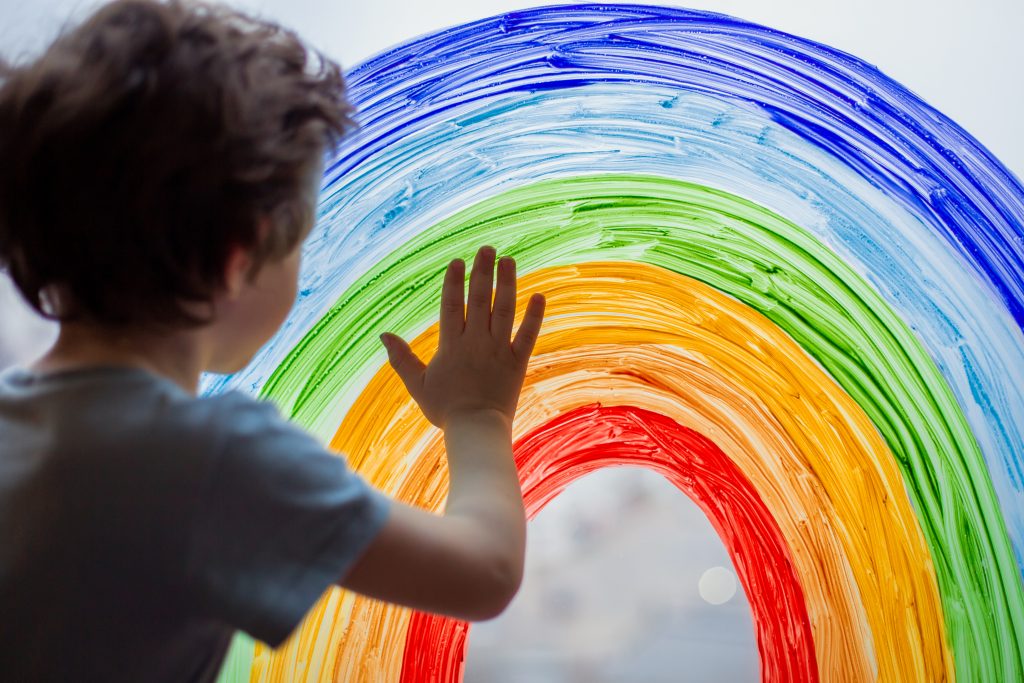The devastation caused by floods in Europe is a wake-up call with regard not only to climate change, but to lifelong learning too, writes Paul Stanistreet

At the time of writing, the death toll from the sudden, catastrophic flooding in western Germany and Belgium has passed 170, with many more people reported missing. Thousands have lost their homes, after two months of rain fell in just two days, causing buildings to collapse and large swathes of terrain to be submerged under water. Roads crumbled and landslides reshaped the topography, all in a matter of hours. It was a demonstration both of the ferocious destructive power of nature and of the reality of the climate emergency.
Experts predict that extreme weather will become more common as a result of climate change. For people in the Global North, largely sheltered from the worst effects of the climate crisis that have thus far fallen disproportionately on the poorest, the events of the past week have been a shocking, heart-rending lesson. As Malu Dreyer, the Minister-President of Rhineland-Palatinate, noted, climate change is ‘not abstract any more. We are experiencing it up close and painfully’. There are no safe places; no exemptions for the wealthy. Continue reading
